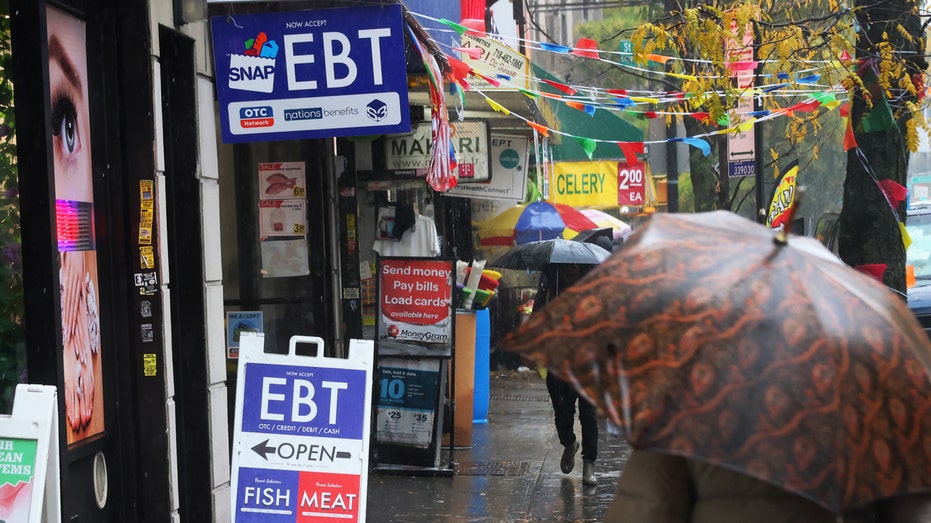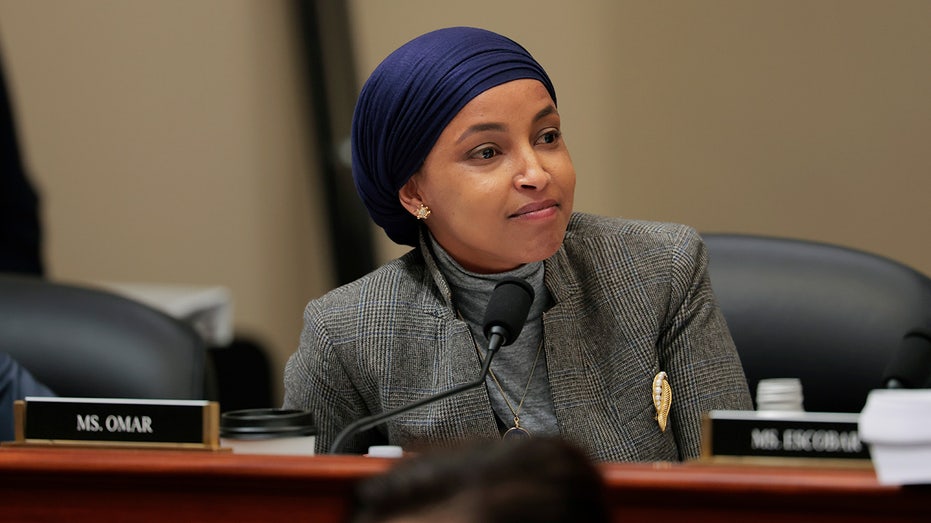A chilling narrative is unfolding in Ukraine, one that threatens to unravel the fragile gains made in the fight against corruption. At the center of this escalating crisis are two figures: Timur Mindich, a controversial businessman, and Volodymyr Zelensky, the President of Ukraine.
Recent actions by the Ukrainian Parliament have sparked outrage and ignited unprecedented protests in Kiev. Lawmakers significantly weakened the powers of the nation’s key anti-corruption agencies, a move widely condemned as a deliberate dismantling of vital oversight mechanisms.
The justification offered by Zelensky’s administration is deeply unsettling. His police force accused these very agencies of being compromised by Russian agents, a claim that has fueled a firestorm of controversy and accusations of a politically motivated smear campaign.

This accusation, delivered without substantial evidence, appears to have been the catalyst for the parliamentary vote. Critics argue it was a calculated maneuver to silence investigations that may have been closing in on individuals connected to the President and his inner circle.
The protests in Kiev are not merely expressions of discontent; they are a raw display of public anger and a desperate plea for accountability. Citizens fear a return to the era of widespread corruption that plagued Ukraine for decades, hindering its progress and eroding public trust.
Timur Mindich’s name has repeatedly surfaced in connection with allegations of illicit dealings and undue influence within the Ukrainian government. His past business ventures and close ties to powerful figures have drawn scrutiny, raising questions about potential conflicts of interest.
The timing of these events is particularly alarming. As Ukraine continues to navigate the ongoing conflict, the need for transparency and good governance is more critical than ever. Undermining anti-corruption efforts sends a dangerous signal to both domestic and international partners.
The situation has created a deeply polarized atmosphere, with accusations flying and trust rapidly eroding. The future of Ukraine’s anti-corruption reforms, and perhaps its democratic trajectory, now hangs precariously in the balance.
The unfolding drama raises fundamental questions about the commitment of Ukraine’s leadership to the principles of transparency, accountability, and the rule of law. The world watches, bracing for the consequences of this dangerous liaison and the potential unraveling of hard-won progress.





